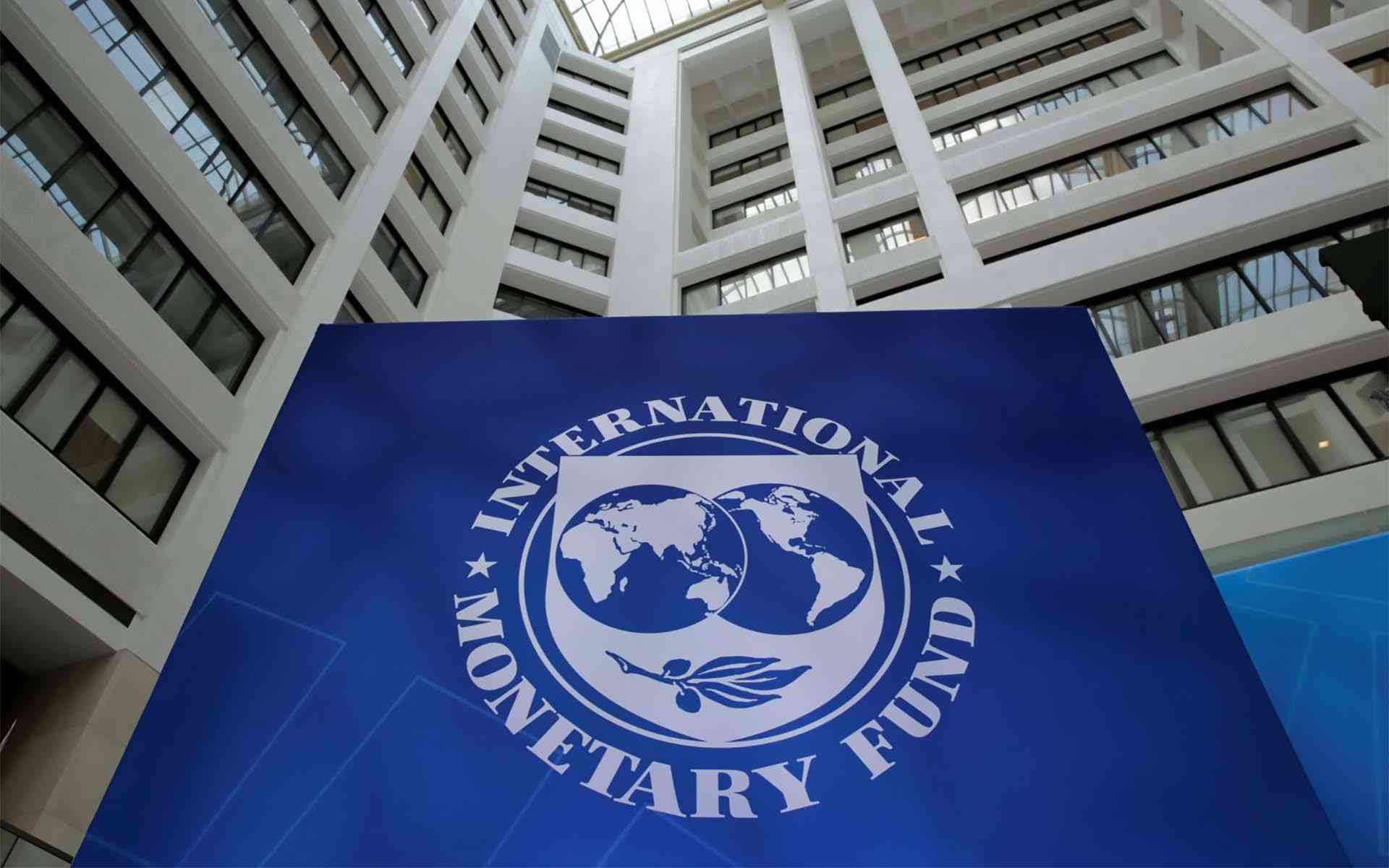
THE International Monetary Fund (IMF) has said a delegation from the Bretton Woods Institution is in the country to meet the government as well as the private sector among others to discuss a wide range of issues which include recent economic developments.
The delegation has been in the country for the 2023 Article IV consultations since December 1 and will hold meetings until December 15.
The visit by the delegation comes at a time when the fragile economy is characterised by a debilitating liquidity crunch, currency distortions and three-digit inflation. The Zimbabwean economy has been worsened by prolonged power outages lasting up to 22 hours as a result of low water levels at Lake Kariba Hydro Power Station.
“The International Monetary Fund is undertaking the 2023 Article IV consultation with Zimbabwe from December 1-15, 2022,” the IMF representative to Zimbabwe Carlos Caceres said. “The Article IV consultation will allow IMF staff to hold discussions with government, private sector, development partners, and civil society. Discussions will centre on recent economic developments, including the outlook and risks, and macroeconomic policies.”
He revealed that the delegation is being led by IMF mission chief for Zimbabwe Dhaneshwar Ghura, senior economists Wayne Mitchell and Concha Verdugo-Yepes, financial sector expert Moses Kitonga, economist for Zimbabwe from Strategy, Policy and Review department Chuku Chuku and research analyst Rohan Ahluwali.
The visit by the delegation is a follow-up to its visit in September this year where it pointed out that the country’s economic recovery hinges on viable policies.
“Uncertainty remains high. However, the outlook will depend on the evolution of external shocks, the policy stance and implementation of inclusive growth-friendly policies,” the IMF team said in a statement during its visit in September.
The IMF also pointed out the need for more efforts to accelerate structural reforms to anchor economic stability.
- Dual economy Zim’s Achilles heel
- Village Rhapsody: How Zimbabwe can improve governance
- Dual economy Zim’s Achilles heel
- Scrap IMTT to save industry, govt urged
Keep Reading
“In line with recommendations from the 2022 Article IV consultation, the near-term macroeconomic imperative is to curb inflationary pressures by further tightening monetary policy, as needed, and allowing greater exchange rate flexibility through a more transparent and market-driven price discovery process, tackling (forex) market distortions and eliminating exchange restriction.
“The RBZ (Reserve Bank of Zimbabwe)’s quasi-fiscal operations should be transferred to the budget to enhance transparency, improve the conduct of monetary and exchange rate policy and enhance central bank independence,” the IMF said.
The setting up of a Staff Monitored Programme (SMP), which is an informal arrangement between the government and the IMF to monitor the implementation of key economic programmes in the country, has been on the cards for a while and is likely to have been a major point of discussion during the current visit by the delegation from the Bretton Woods Institution.
The previous SMP between the country and the IMF in 2020 was unsuccessful with the fund pointing out that the country was off-course after failing to meet its targets.







